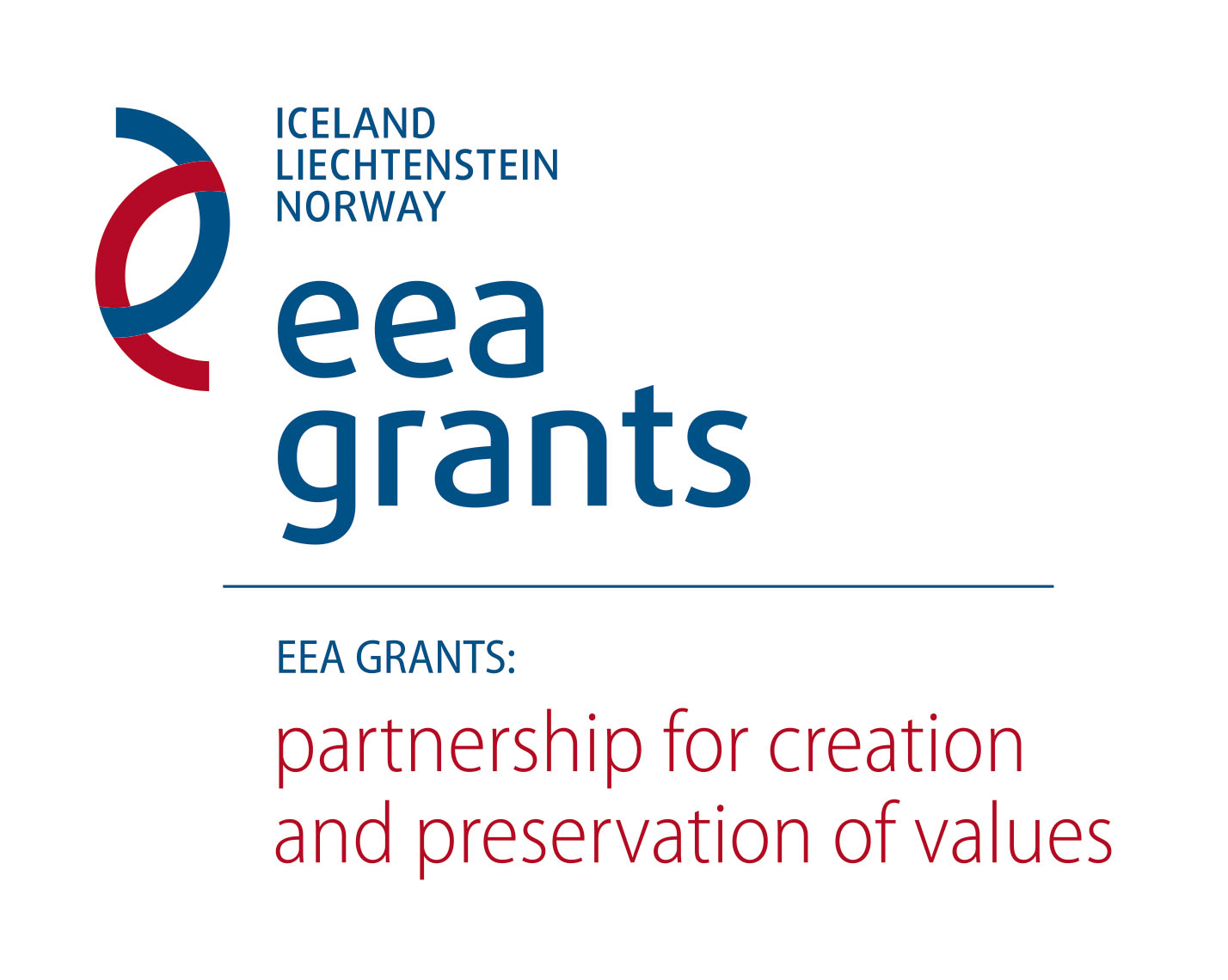Project idea
The main goal of the project is to assess the current situation of energy security in the Baltic Sea Region focusing on the patterns of (asymmetrical) trade interdependencies as well as policy coordination initiatives aimed at managing those interdependencies.
More concretely, the project aims at producing a study which discusses several issues of energy security:
- the trade in energy resources in the Baltic Sea Region, in particular, the Baltic countries, Poland and Nordic states by using the concept of interdependency,
- how trade relations have evolved since the enlargement of the EU in 2004 and how EU membership affected this process,j
- what is the role of sub-regional cooperation in integrating energy markets and initiatives like the BEMIP,
- what are the main factors which have been delaying the implementation of regional energy projects aimed at increasing the web of alternative sources of supply, and
- how energy security could be further improved by using instruments provided by EU membership and sub-regional cooperation formats like BEMIP.
The main outcome of the project is a study in a form of a joint report which in addition to addressing above listed questions will discuss the nature of energy interdependencies by analyzing trade flows of natural gas, electricity and oil in the Baltic region.
Participating institutions
IIRPS, Norwegian Institute of International Affairs (NUPI)








